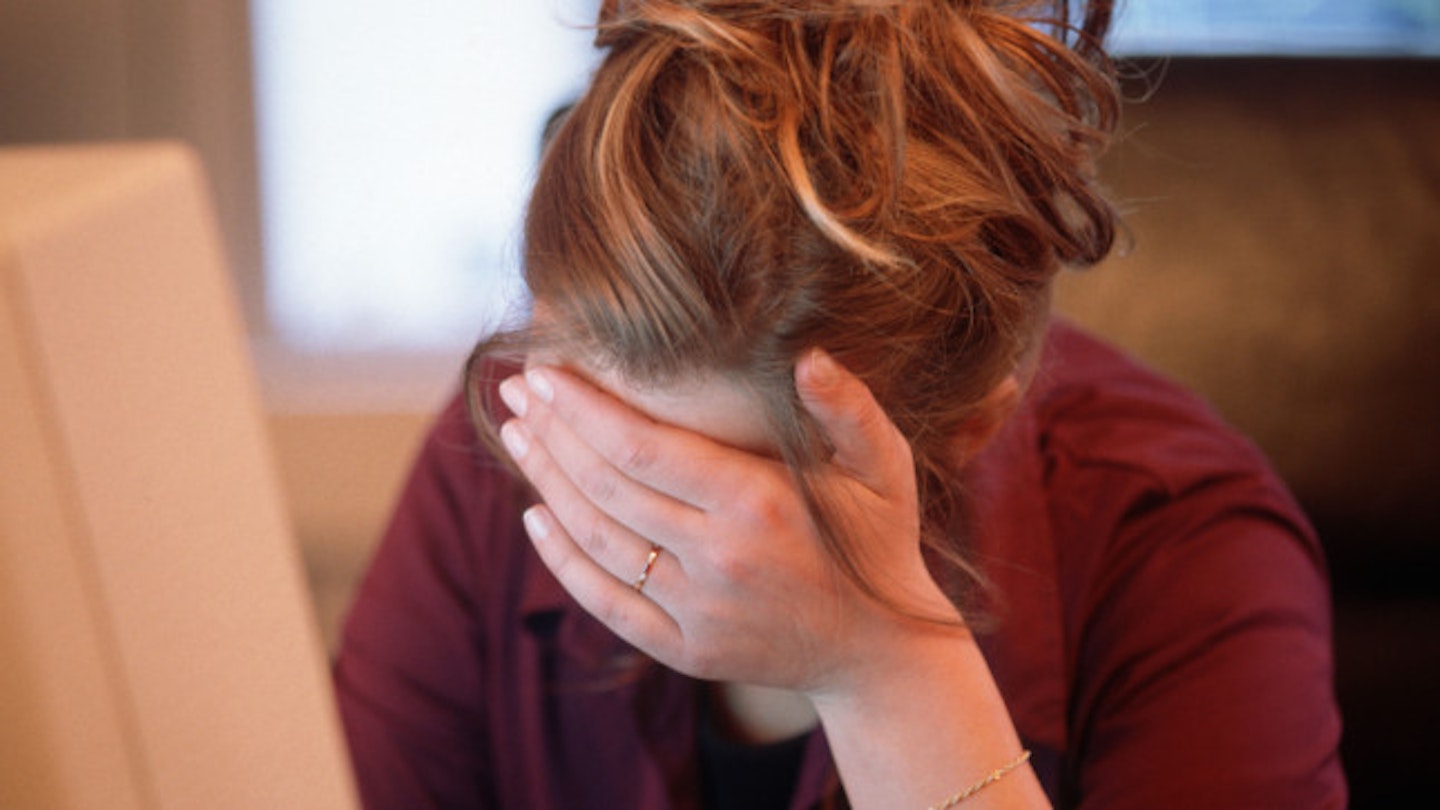Panic attacks- as their name suggests- are terrifying to experience.
After experiencing one panic attack, sufferers are then often plagued with the fear that they will suffer from another one.
The best thing you can do is educate yourself about panic attacks, then you are aware of exactly what is going on with your body during an episode.
Symptoms of a panic attack include
Dizziness
Shortness of breath/ hyperventilation
Racing heart/ palpitations
Chest pain
Trembling or shaking
Feeling like you’re choking
Feeling detached from your surroundings
Sweating
Nausea
Numbness or tingling
Fear of dying or losing control
Hot or cold flashes
Upset stomach/ vomiting
What to do if you have one at home
Acknowledge that you are having a panic attack and that your mind is ultimately controlling what is going on with your body physically. Once you do this you will immediately feel under control, even if your physical symptoms continue.
Focus on your breathing. Count to ten and breathe in, then count back down to one and breathe out.
If you’re feeling dizzy find a seat or sit on the floor to avoid falling and hurting yourself. If you’re feeling extremely unwell and your heart rate is refusing to slow down, do no hesitate to phone an ambulance.

What to do if you have one in public
For those suffering from anxiety and panic disorders this is their biggest fear; that they’ll have an attack at work or out in public.
Should this happen, the first thing to do is to tell someone what’s going on. If you feel faint or unwell in public go into the nearest shop or cafe and ask an assistant if there’s somewhere for you to sit down.
Try and control your breathing and focus on inhaling and exhaling. If you are able to then explain to those around you that you’re suffering from a panic attack then do so. They will hopefully be able to help your through it.
If you are on public transport try and wait until the next stop where you can get off the train/bus and find help. If there is a toilet, go there to address your ‘flight’ responses and call a close friend or family member to tell them what has happened.
If you’re first instinct is to run away, try and focus on NOT running away. Keep it as an option only rather than jumping straight to the ‘flight’ response during an attack. Easier said than done but you will feel a million times better knowing you got through the attack without running.

How to help a someone else having a panic attack
The first thing is not to dismiss them as a non-emergency. Panic attacks are very scary for the sufferer and can potentially lead to an emergency if the sufferer has other underlying medical conditions. Be there to support them and help them control their breathing if they're hyperventilating.
If they are worried about drawing attention to themselves. Lead them to a private space where they feel more secure. Reassure them that they are safe to help calm nerves.
If they become unconscious at any point, don't hesitate to call an ambulance.
For more information on mental health support visit www.mind.org
